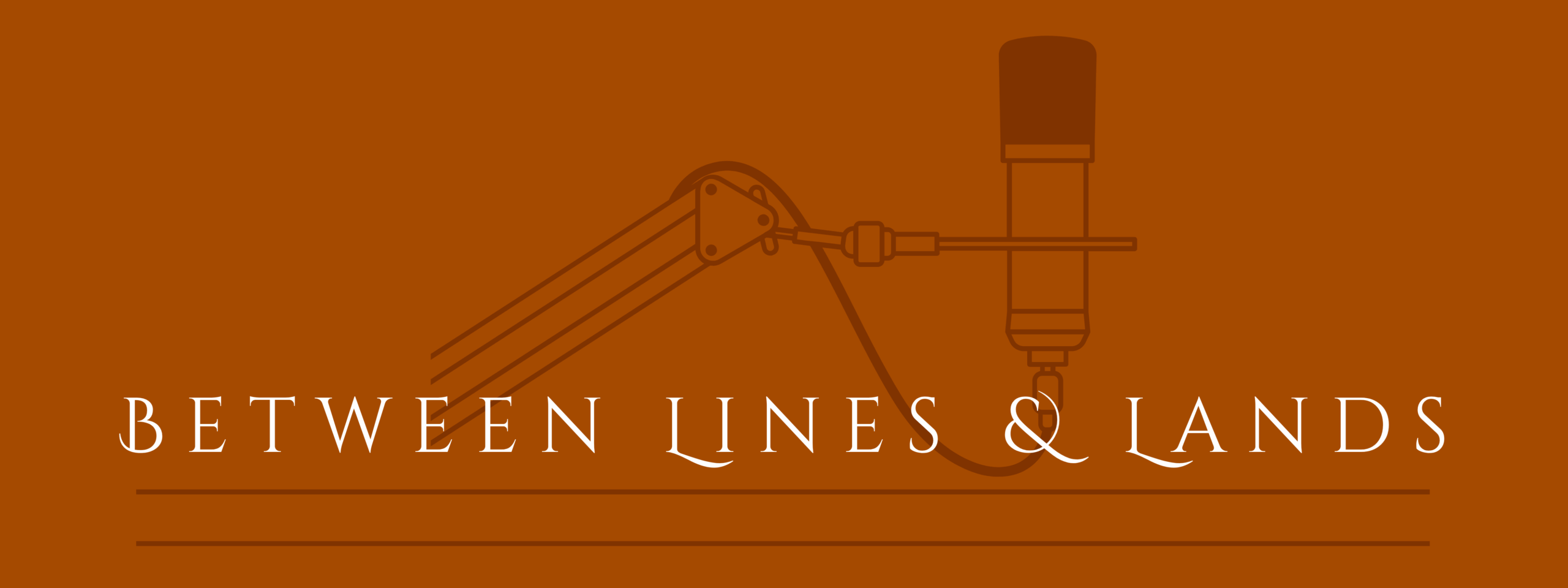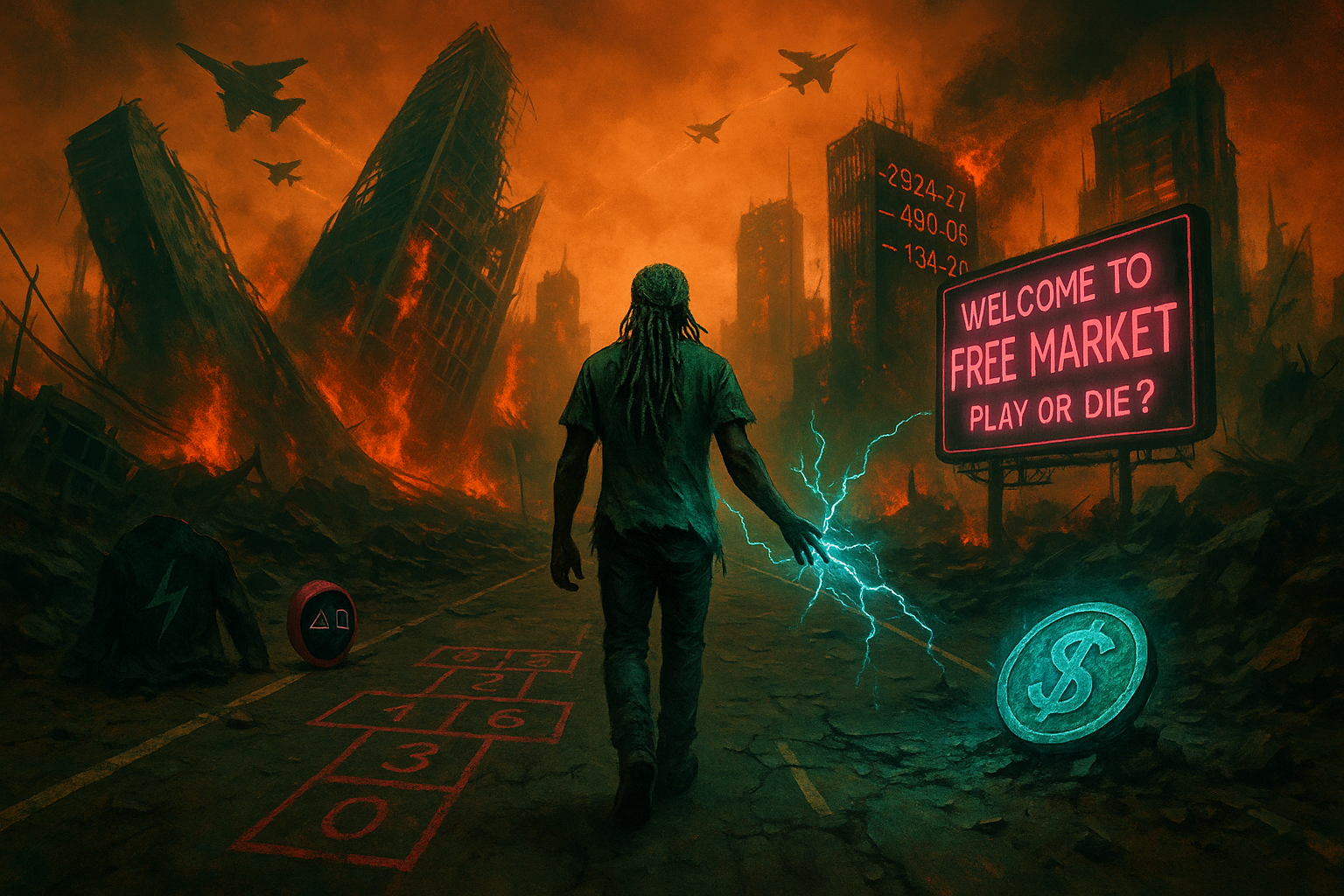বাংলা ভার্সন পড়ুন: স্কুইড গেম, পুঁজিবাদ এবং মিথ্যা মুক্তির গল্প.
“You signed the consent form. You chose to be here.”
— Front Person, Squid Game
üåç A Global Phenomenon That Hit Too Close to Home
When Squid Game debuted on Netflix in 2021, it became a global earthquake. In just four weeks, over 111 million viewers tuned in — making it the most-watched show in Netflix history at the time. It inspired Halloween costumes, memes, think pieces, and uneasy questions.
But here’s the most fascinating part: millions of people across the world voluntarily watched a story about how choice can destroy you.
That’s what hooked me on a deeper rewatch—especially now, with Season 3 released.
ü߆ The Freedom to Choose… to Suffer?
The series begins with a simple idea: players choose to play. No one is forced. They sign contracts. They agree to the rules. And that illusion of freedom is what makes the show—and our world—so unsettling.
Because Squid Game quietly destroys one of capitalism’s most cherished myths:
That the more choices you have, the better off you’ll be.
But what if the conditions behind those choices are already broken?
What if the market is just a game, carefully designed to look fair—while serving only a few?
Economist Ha-Joon Chang puts it best in Thing 1 of his book 23 Things They Don’t Tell You About Capitalism:
“There is no such thing as a free market.”
Every market has rules, and those rules are designed—by someone, for someone.
So let’s walk through Squid Game Season 1 not just as a survival drama, but as a perfect metaphor for how “free” choices can actually trap us—and why more people than ever are starting to notice.
üéØ The 7 Most Striking Metaphors in Squid Game (and What They Say About Real Life)
1. üßì Il-nam‚Äôs Secret Identity ‚Äì The Market Maker Never Plays
We meet Il-nam as a fragile old man playing to survive. But by the end, we learn the truth: he designed the game. He was never really in danger. He simply wanted to feel something.
üí° Economic Parallel: As Ha-Joon Chang writes in Thing 1, markets aren’t neutral playing fields. They‚Äôre designed by insiders.
In real life, powerful corporations and billionaires create the game but never have to play by the same rules. They profit from risk while the rest of us suffer from it.
2. üö¶ Red Light, Green Light ‚Äì Fair Rules, Fatal Outcomes
The first game is simple: move when it’s green, stop when it’s red. The rules are clear, equal for all.
But the outcome? A massacre.
üí° Economic Parallel: Capitalism often claims fairness through transparency ‚Äî everyone can apply, everyone competes. But when the consequences of small mistakes are death (or debt), ‚Äúequality‚Äù becomes meaningless.
Thing 16 reminds us:
“We are not smart enough to leave things to the market.”
Markets, without protection or structure, become chaos disguised as competition.
3. üó≥Ô∏è The Vote to Leave ‚Äì And the Decision to Return
When given a chance, the players vote to leave. And they do. They’re free.
But reality hits harder than the games. Most of them come back willingly, knowing full well they might die.
üí° Economic Parallel: People don‚Äôt choose exploitative jobs because they love them. They do it because the alternative is worse ‚Äî poverty, eviction, despair.
Thing 7 points out:
“Free-market policies rarely make poor countries rich.”
Because poverty isn’t about bad decisions‚Äîit‚Äôs about being locked into bad options from the start.
4. üé≤ Marbles with a Friend ‚Äì When Intimacy Becomes a Liability
Players are told to pair up—only to find out they must eliminate their partner. Old friends, spouses, siblings — all must betray.
üí° Economic Parallel: Under capitalism, even trust and care can be turned into weaknesses. We‚Äôre often forced to compete with those we care about, because the structure pits us against each other.
5. ü§ù Ali and Sang-woo ‚Äì When Morality Doesn‚Äôt Pay
Ali, the most loyal and honest character in the game, is tricked and eliminated by someone more strategic. His kindness is exploited.
üí° Economic Parallel: In the real world, hard work and loyalty don’t guarantee survival. Often, those who understand and manipulate systems‚Äîlike Sang-woo‚Äîrise, while the kind-hearted fall behind.
6. üé≠ The VIP Spectators ‚Äì Rich, Detached, and Entertained
The elites watch the players like animals in a zoo. They bet on outcomes, sip wine, and laugh at suffering.
üí° Economic Parallel: As Ha-Joon Chang notes in Thing 3, most people in rich countries are paid more than they should be, not because of merit‚Äîbut because of historical advantages.
Those at the top are not just disconnected from the struggle — they often treat it as spectacle.
7. ü™ü The Glass Bridge ‚Äì Where You Stand Decides If You Fall
Players are told the bridge crossing is about luck. But the order is randomly assigned. Those who go first die. Those at the back survive.
üí° Economic Parallel: You‚Äôre told to ‚Äújust try harder,‚Äù but your position in society ‚Äî your class, birth, passport, or skin color ‚Äî determines your odds.
Equal opportunity is a myth when some are born last and others are pushed first.
üßµ A Moral Illusion: Why We Accept Suffering When It’s Framed as Choice
This, I believe, is the real genius of the show’s director:
He makes us confront the fact that we’re disturbingly okay with cruelty—as long as it was “chosen.”
“They signed up for it.”
“They knew the risks.”
“They weren’t forced.”
That’s how we rationalize everything from exploitative labor to crushing debt.
- When people in sweatshops collapse from exhaustion, we say “at least they have a job.”
- When someone drowns in student loans, we shrug: “they chose that major.”
- When gig workers live in cars to make ends meet, we call it “flexibility.”
But just like in Squid Game, these “choices” aren’t real. They’re manufactured by systems that offer bad options and frame them as freedom.
The show doesn’t just criticize the players. It criticizes us — the audience — for being complicit in this logic.
Because the real horror is not the games themselves.
It’s that we accept them as long as they come with a contract.
üéß A Conversation That Starts Here
As I watched this show unravel, it echoed ideas I’ve been unpacking for years—and will soon start exploring publicly.
That’s why I’m launching a podcast called Between Lines and Lands with a longtime friend. It’s a space where we read books that challenge the dominant economic story—and discuss what those stories mean for real people.
Our first book? You guessed it.
üìò 23 Things They Don‚Äôt Tell You About Capitalism by Ha-Joon Chang.
We’ll publish two episodes per book—accessible, reflective, honest.
This blog is the opening act.
✍️ Final Thought
In Squid Game, everyone had a choice. But the outcome wasn’t liberation—it was carnage. Because choice alone means nothing when the system behind it is designed to extract, manipulate, and discard.
The show forces us to ask a terrifying question:
Is our real-world suffering any less cruel, just because we pretend it’s voluntary?
This is what people are feeling—even if they can’t name it.
And maybe that’s why Squid Game struck such a chord across languages, borders, and politics.
Not because it shocked us.
But because, deep down, we recognized it.
üß≠ Coming Up Next
In Part 2 of this blog series, I’ll explore Squid Game Season 2—where even knowledge of the truth isn’t enough to change the outcome.
We’ll ask: Why do people keep playing, even after they’ve seen the system for what it is?
And in the podcast, we’ll ask an even bigger question:
What can we do when the game seems rigged from the start?
üéß Follow the Journey:
üîó Instagram: @linesandlands
üîó YouTube: Between Lines and Lands
üîó TikTok: @linesandlands
We’re not here to give answers.
We’re here to rethink the questions.

